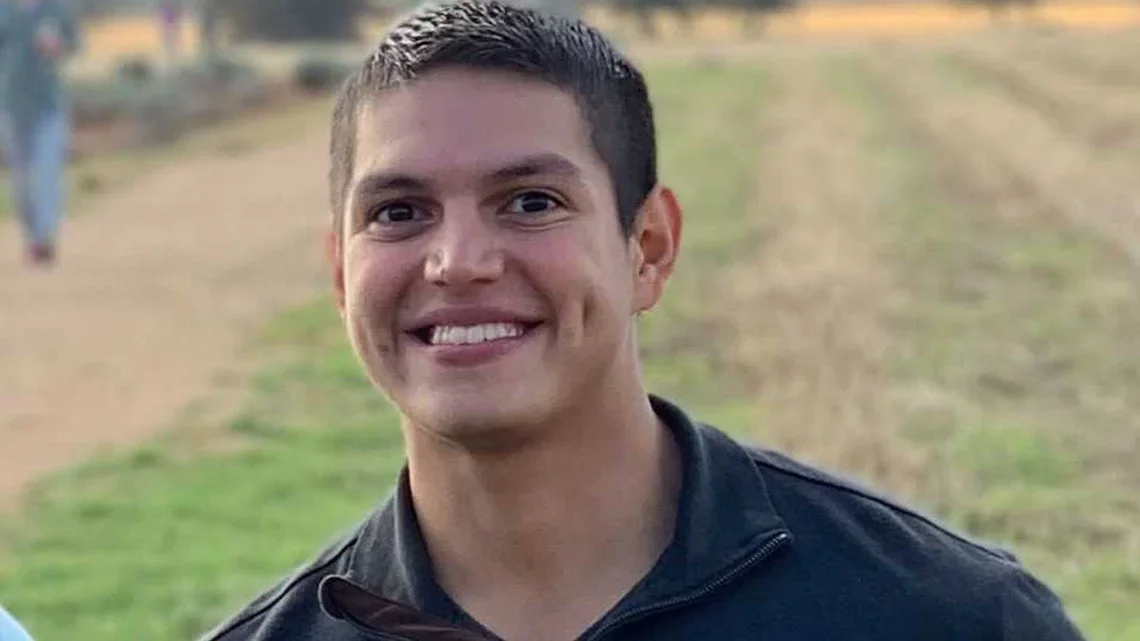The Boy in the Striped Pajamas: German Potato Soup Recipe 🥁🥁🥁🥁🥁
/Year Released: 2008
Directed by: Mark Herman
Starring: Asa Butterfield, Jack Scanion, Vera Farmiga, David Thewlis, Rupert Friend
(PG-13, 93 min.)

"Tolerance becomes a crime when applied to evil." Thomas Mann
Don’t watch this film looking to confirm any feel good notions about the inherent goodness of man. If, however, you are ready for an unflinching portrait of one of our darkest hours, a poignant tale that will haunt you for days, you cannot miss this story about an unlikely friendship that flourishes during World War II.
There have been many fine films about the horrors of the Holocaust, most of them concentrating on an inside view of its wretchedness. The Boy in the Striped Pajamas gives us a point of view from the outside looking in, through the eyes of eight year old Bruno (Asa Butterfield), the son of a German officer newly in charge of a “work camp.” The film opens at a lavish going away party for Bruno’s father, who has just been promoted. We have toasts in polished crystal and applause as he makes his entrance down the handsome wooden staircase, almost like a bride or debutante, and not without the same shyly smug smile.
To Bruno the move will mean saying goodbye to all his friends, who spend their days zooming down the streets, arms stretched out like airplanes in flight. Goodbye also to “the best house ever,” as he calls it. The idyllic picture is almost a Kodak moment, except for the barely glimpsed distortion that corrodes its edges – the orderly throng of people being herded into trucks, blurs only to the boys who whoosh down the crowded streets aware only of the rush of air on their young faces.
The move to a harsher reality is signaled instantly by the new house and its surroundings. The lonely road, the high walled yard, and the stark architecture of their new home couldn’t be more telling. In place of the gracefully curving railings of Berlin, the staircase here is utilitarian straight with vertical railings that look very much like prison bars.
Rather than piling up the grisly images of what must be going on at the “farm” down the way, we instead see everything through Bruno’s oh so piercing blue eyes. While the newly arrived innocent is usually reserved for satire, as in Alice in Wonderland, Gulliver’s Travels, or Candide, Bruno’s childlike view works as well in this stark drama. And because his glimpses of evil are so peripheral and often misunderstood, they are all the more compelling.
Take, for instance, the “farm’ that Bruno sees from his bedroom window. The spare wooden building must be to hold animals, not humans, and the barbed wire to keep in cows, sheep, and such. He cannot understand why Pavel (David Hayman), their gardener/servant teeters around with a pair of striped pajamas beneath his pants, the very same pattern as worn by his new found friend, Shmuel (Jack Scanlon), a resident at the “farm” Bruno has rebelliously found on his own. What are the numbers on his pocket, if not for some sort of game?
And grownups are so strange. Why would Pavel -- whose wretched face and zombie like walk tell more about his living conditions than any perusal inside could – want to change from being a doctor to a gardener? The same for Shmuel’s watchmaker father, now spending his days mending boots.
We also have character nuance that serves to heighten our horror rather than mollify it. Bruno’s father (David Thewlis) has that kind of slightly goofy face that seems made for British comedy. He also seems a dedicated parent. So when he lashes out without reason at Pavel, or sits passively by while his young officer beats the servant, we are more shocked than if we had seen him as an unrelenting villain all along. We experience the same shock as Bruno’s mother (Vera Farmiga), who wonders but doesn’t really want to know about the inner workings of the Third Reich, when she is slapped in the face with the awful reality.
Why revisit the horrors of so long ago instead of concentrating on today’s real percolating UN sanctioned Anti-Semitism? Perhaps because it is so much safer this way, at least two generations removed, and decades since Germany itself has disavowed this past. Like semi-delusional white Evangelical preachers, Nazis are politically correct bad guys, the only ones current Hollywood seems willing to take on.
Let us hope that this simple story will remind us of that vow we all took in the Holocaust’s aftermath: Never forget.
—Kathy Borich

Film-Loving Foodie
Instead of healing people, as he was trained to do, the Jew Pavel now spends his days tending Bruno’s family garden and peeling potatoes -- with quite a bit of emphasis on peeling the potatoes.
Though we never quite know the culinary results of all this effort, I have found one worth poor Pavel’s labor, kartoffelsuppe, warm and comforting German Potato Soup, chocked full with fresh celery and onions.
Guten Appetit!
Here are a few other German favorites:
Spaetzle and Zwiebelkuchen (Noodle Dumplings and Onion Pie)
Schnitzel with Lemon-Caper Cream
German Potato Soup
Ingredients
2 Potatoes; Medium
1 Onion; Medium Size
4 Celery Stalks & Leaves
2 tb Vegetable Oil
1 Bay Leaf; Small
1/2 tsp Salt
2 tbsp Butter
2 1/2 c Milk
Directions
Peel and cube potatoes. Chop onion and celery. Sauté in hot vegetable oil for 3 to 5 minutes. In a large pot, add all of the vegetables and cover with just enough boiling water to cover. Place bay leaf and salt in pot and boil vegetables until tender. Drain vegetables and reserve liquid. Mash vegetables into vegetable stock; add butter. Thin soup with milk as desired; heat until warm. (DO NOT boil).
Four servings
Recipe Source: recipesbycindy
















